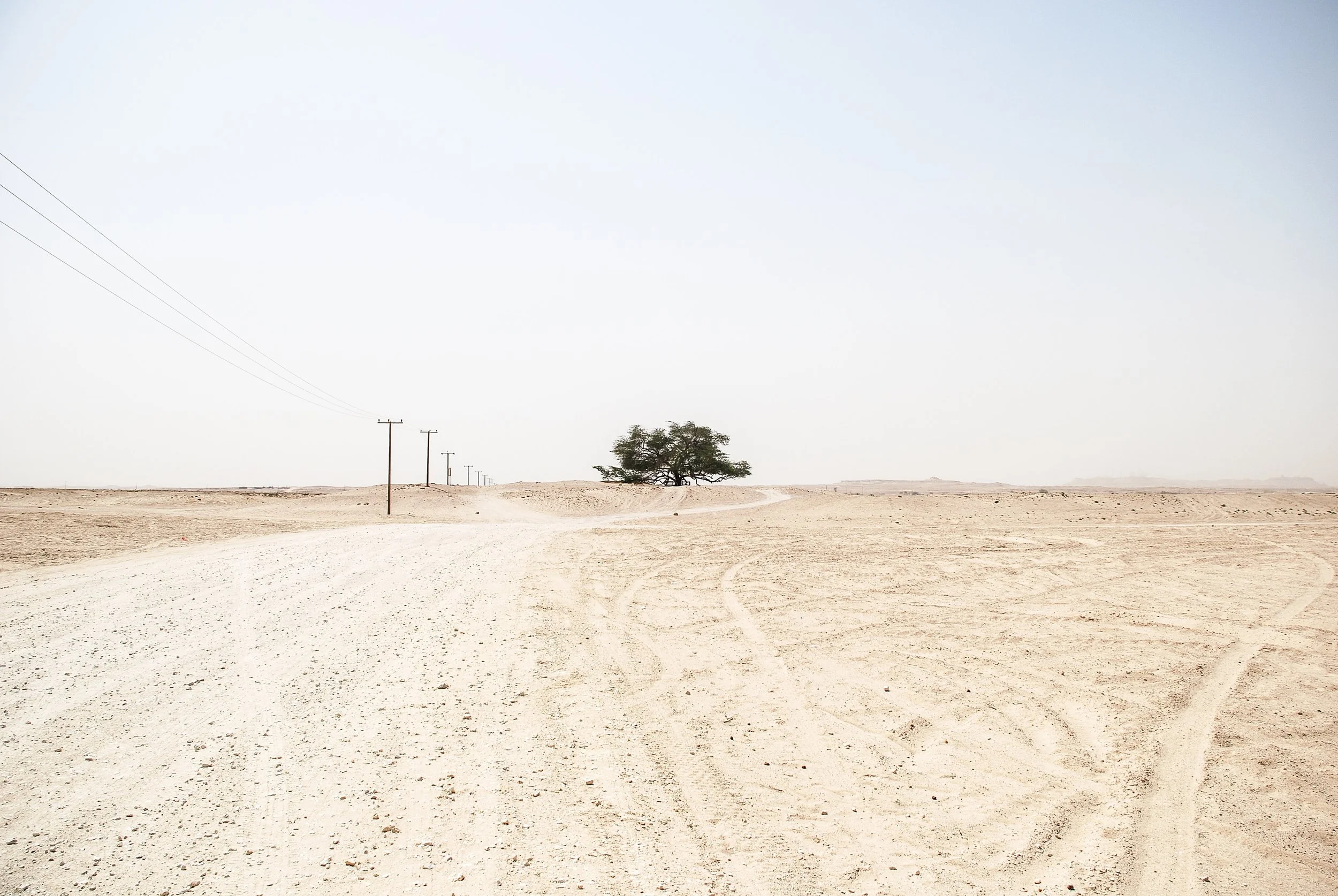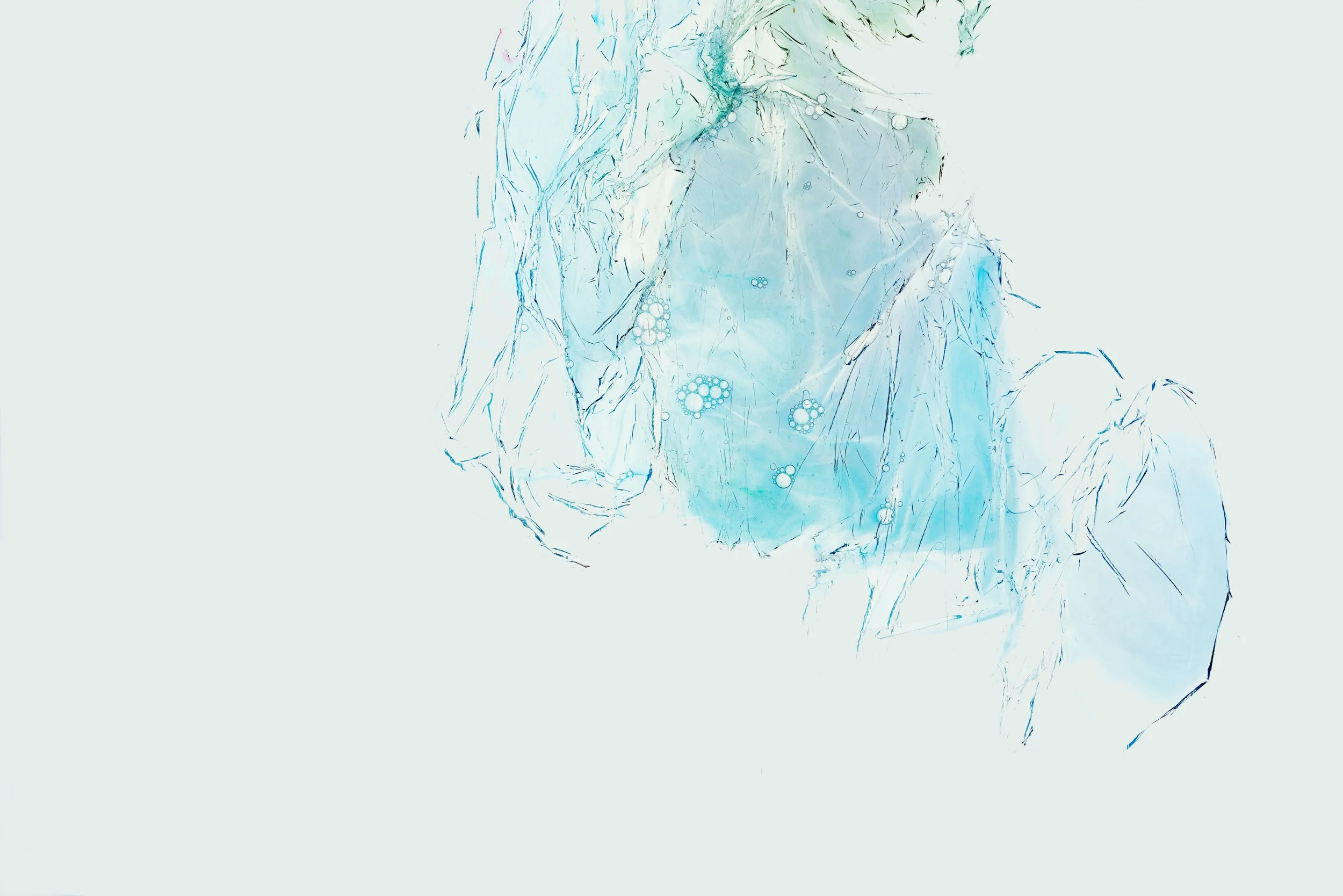Lack, in Question Form
A few weeks ago I wrote about my efforts to remove the word busy from my vocabulary. This was phase one of my renovation in parlance. Phase two of the reno was marked by an uptick in the use of the phrase ‘I don’t know.’ The increase in frequency was part of a growing comfort with ambiguity forced by a series of unanticipated events that swiftly ejected me from the status quo in which I have been living. At that point, it was impossible to speak in any certain terms about what was happening or where things might end up. In the most significant and sweeping sense of the phrase, I did not know.
My more prolific use of ‘I don’t know’ was also borne out of a realization of just how quick I was to establish an opinion or position when asked -- even if the truth was that I didn’t know or didn’t care about the answer. I also noticed how the smartest people are rarely certain and the people I find the most challenging to be around always seemed to be. I recognized I was trending towards the latter and this merited intervention. Hence, phase two. The result was a greater appreciation for gray areas and nuance and a lot less irritation resulting from having to hear my own half-formed, half-hearted opinions.
As I began investigating my responses to questions, I found myself more deeply pondering the nature of the questions I was being asked. This was fascinating because questions so often belie the thinking and worldview and beliefs of their asker. Frequently the phrasing of the question sets boundaries around possible responses. For example, either/or questions limit possible responses to either this or that. Stated another way, everything except this or that would be off the table. Possibility is quite literally limited by the premise of the question. The more I looked, the more I began noticing this phenomena everywhere. Perhaps the renovation in parlance needed to include not only how to answer questions, but how to ask them as well.
There’s an extraordinary episode of On Being with Pádraig Ó Tuama where he offers the possibility of being able “to talk with each other and be in the same room with the people we talk about.” I could never have articulated it quite so well, but that seemed to be my desired end state of the renovation of parlance. That is, using words to bring human beings towards one another and towards themselves.
Here’s the concept I first heard during that podcast -- one that completely changed the way I construct, receive and answer questions:
There’s a Buddhist concept where, if you’re asking a poor question — if a question is being asked, go, “Are you this or that?” That what Robert Pirsig says that you can answer, according to his telling of the Zen tradition, you can answer with this word mu, M-U, which means, “Un-ask the question, because there’s a better question to be asked.” The question that’s asking is limiting, and you’ll get no good answer from anything...This question fails us, never mind subsequent answers. And I think that’s a really delightful way to understand the world...“Mu,” because there’s better questions to ask. And asking a wiser question might unfold us into asking even more, wiser questions, whereas certain kinds of questions just entrench fear.
During the renovation in parlance I was working on a bit of qualitative research and it struck me that principles of facilitating qualitative research might help move us towards greater clarity in wisdom in questioning. The purpose of qualitative research is to uncover a phenomenon, be it a perception or norm -- as well as its import. Two principles of qualitative research are of particular relevance to asking better questions.
First, ask open ended questions. Instead of bracketing what’s possible in the premise of the question, expand possibility from the outset. For me, this means being intentional with the use of either/or questions and making an effort to move beyond simplistic questions of best and worst and favorite. Additionally, questions answerable with a simple yes or no are rarely capable of unearthing deep truths or building insight. If the goal is to understand the perspective of the other, how can a question be phrased so that it elicits a response of great breadth and width?
Second, don’t lead the witness. To the greatest extent possible, pull your position and biases out of the question. This is extraordinarily difficult and perhaps not entirely possible, but try anyways. When I’m not exactly sure how to get myself out of the way, I steal a question from Krista Tippett and ask, “how would you begin to reflect on…” Pause for a second and think about the possibility of that question frame. It’s related to a phenomena, but the directions the answer could take are almost limitless. I want more of that in my conversations -- more room for surprise and wonder and curiosity.
What if we demanded this level of rigor -- of ourselves and others -- in question asking? As a first step, notice the next three questions you ask and are asked. How would you characterize their quality? What length and depth of response do they garner? Do you feel closer to the question asker, further away or something else?
In qualitative research, “the reflective and interrogative processes required for developing research questions can give shape and direction to a study in ways that are often underestimated.” (source) The same applies in life -- the process of questioning influences outcome. Construct and respond to questions carefully. When you find them lacking, remember the option of a do over -- made possible through the pronouncement of two simple letters, mu.






